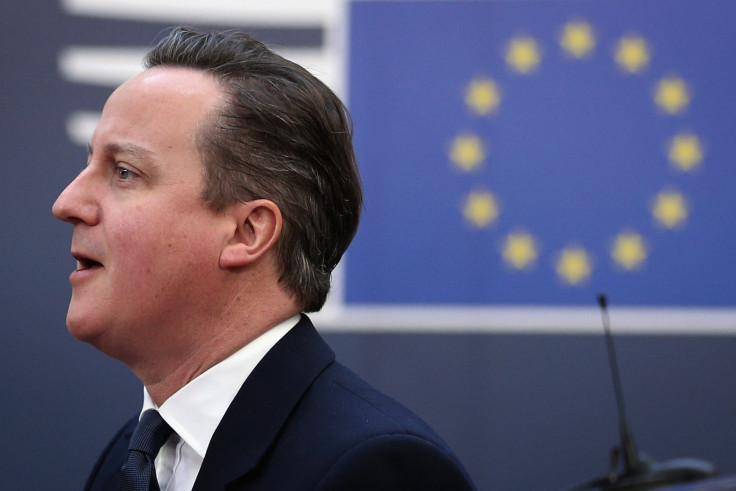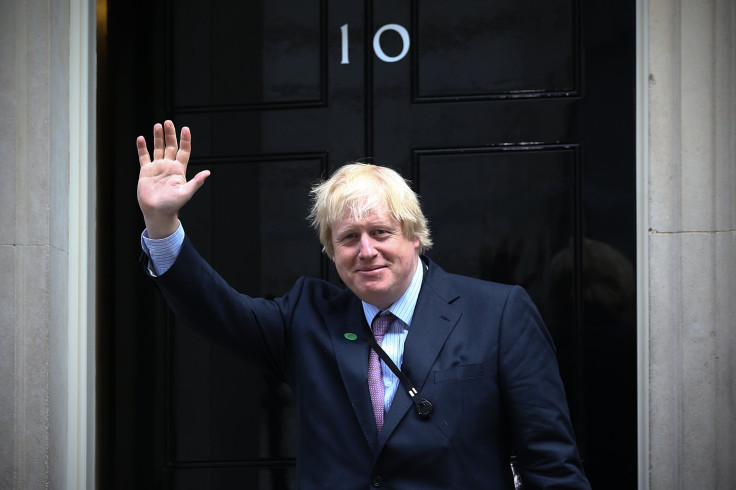Brexit Polls 2016: ‘Leave’ EU Support Drops Ahead Of Referendum Vote As Citizens Debate Pros And Cons

Support for a so-called Brexit has dropped since British Prime Minister David Cameron announced his plans for renegotiated European Union membership, according to a YouGov poll for the Times released Wednesday. Debate over the possibility of the U.K. leaving the EU has heightened throughout the week as citizens and politicians alike looked toward a referendum slated for June 23.
Around 37 percent of the 3,482 adults polled online responded they wanted to stay in the EU, 38 percent wanted to leave and 25 percent were unsure, according to YouGov. While the results showed a tight race, the percentage of people who responded they wanted to leave has dropped eight points from 45 percent earlier this month. The margin of error was not immediately available.
Another poll of 1,000 adults in Great Britain, conducted by ComRes for the Daily Mail over the phone Feb. 19-22, put the spread at 12 points, with 51 percent of people supporting staying in the EU and 39 percent wanting a Brexit. The data was weighted based to be demographically representative of the U.K.
The debate in the U.K. has revolved around issues of national sovereignty, migration, security and the economy. Those supporting leaving the EU have argued that the nation would have more control over its own laws, particularly concerning who is allowed to enter the country and why, maintaining that their strong economy would remain powerful with or without the EU. Pro-EU campaigners say Britain is stronger inside the U.K. and better protected from potential terrorist threats because of intelligence sharing, while arguing that the nation’s economic prowess is due in part to its entrenchment in European financial affairs.

Cameron reached a new deal with EU negotiators last week after many talks with President of the European Council Donald Tusk. Key changes to U.K. membership would include an exemption from the “ever-closer union” clause that looks for political integration of EU countries as well as the ability of the British government to deny benefits to migrant workers in the country, Reuters reported. Cameron is pushing for citizens to vote to stay in the EU with this new deal.
The pro-EU camp was dealt a blow, however, after London Mayor Boris Johnson announced Sunday he would support those who wanted to leave the U.K. Johnson has been a close ally of Cameron in the past and a potential pick for prime minister, and many political experts said he may be angling for a shot at Cameron’s position if the referendum ends in a Brexit.
© Copyright IBTimes 2024. All rights reserved.






















